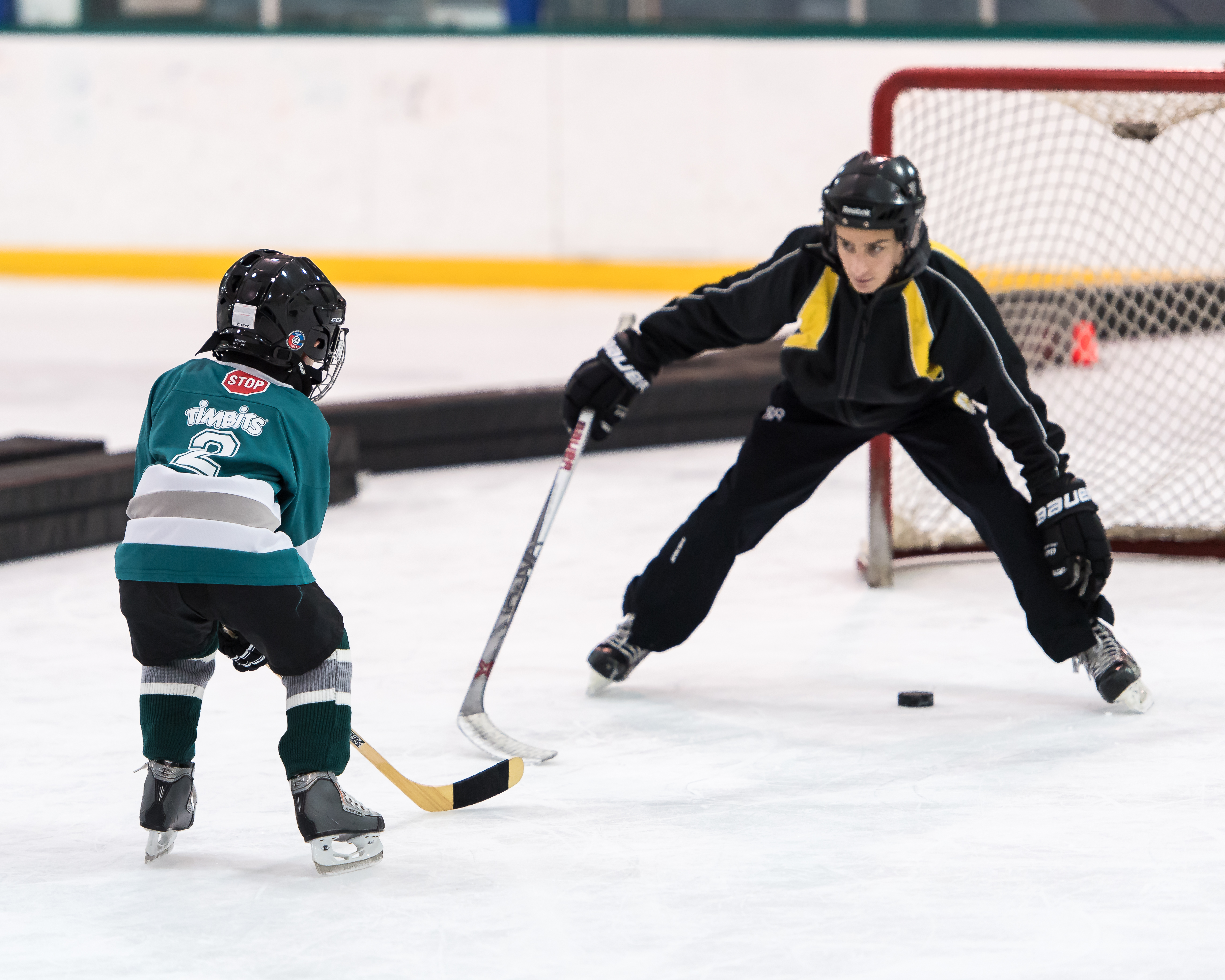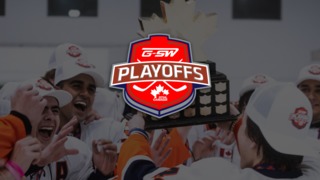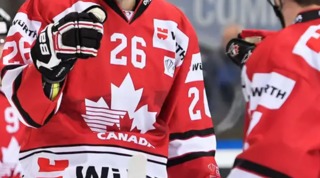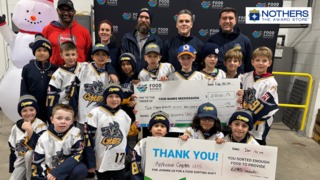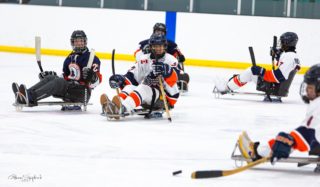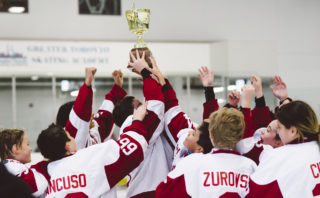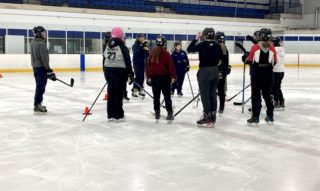The game is more than wins and losses
Many of us in the hockey world don’t know how much work actually goes into being a coach.
We know you you’ve stepped up to be a leader and the world is expected from you. You attended a course and now, you’re to be prepared to coach at all levels of hockey, especially when players compete on full ice.
You’ll organize drills with players the moment practice starts. Whether it’s helping their conditioning or team strategies, it just seems like the right thing to do and off you go. Having a solid double-swing stretch and go-flow drill with back check will mask any lacking fundamental skills right? After all, it’s really about Ws and Ls.
There are a number of ways we have not made it easy for you. You coaches are tasked with managing a lot of different aspects of performance improvement. Team tactics are important to not only developing players as a whole, but also in preparing players to be a part of a team. However, in minor hockey, we should not overlook the big picture: player development.
It goes without saying; players need to acquire certain skill sets before they can perform any team tactic as efficiently as possible. There will always be players who, with a lot or a little practice outside the team environment, have developed skills that cannot be taught. However, those are rare situations. Hockey Schools are extremely helpful for many players and have certainly given coaches a foundation to build upon, but at what expense and opportunity does it take to unlock a player’s full potential?
This is a topic is brought up today coaches because there is a way to empower the players, parents and you. The current system has identifiable flaws: players over-compete and under-train. The demands of early specialization are daunting, preparation is geared toward short-term outcomes, while knowledgeable coaches are focused on solely the elite and fundamental movement skills are not being taught.
Bad habits are developed when the focus is pigeonholed strictly on wins and losses. The good news? Hockey Canada has developed the Instructional Stream Clinic to train coaches in teaching a vast collection of necessary fundamentals: skating, defensive responsibilities, checking, goaltending and the positive effects of small-area contests.
“The Hockey Canada Instructional Stream Clinics are a great way for coaches to not only learn how to teach the progressive skills involved in today’s game, but how to apply them the very next day in practice,” said Corey McNabb, Hockey Canada’s Director of Hockey Development Programs. “These clinics allow coaches the opportunity to learn the skills, understand how they are utilized in game situations and also share ideas with other coaches.”
You can be trained to develop progressive drills and plans while also learning how to identify areas of improvement. Adding these skills sets to your coaching regiment will allow you to build from a player’s skill set from individually-focused tactics to more team-focused strategies.
There’s the common idea that suggest a coach must be able to perform all the skills perfectly to be able to teach effectively, but that’s not true. The focus should shift toward being organized with your seasonal plan and meeting with your team to see what resources are available within the organization. For example, you might use some older players in the organization to come and help demonstrate some of the skills and drills you think would benefit your current players.
Every coach in minor hockey is a player developer – preparing players for the next part of their journey through hockey and life. A coach plays the biggest part in the player’s opportunity to successfully develop skills.
The Instructional Stream Clinic is a meaningful avenue to help the development of skills and it’s at your doorstep. This is not a sales pitch, just an opportunity that is needed to bring to any coach yearning to make a difference.
Click here for a list of Instructional Stream clinics.
